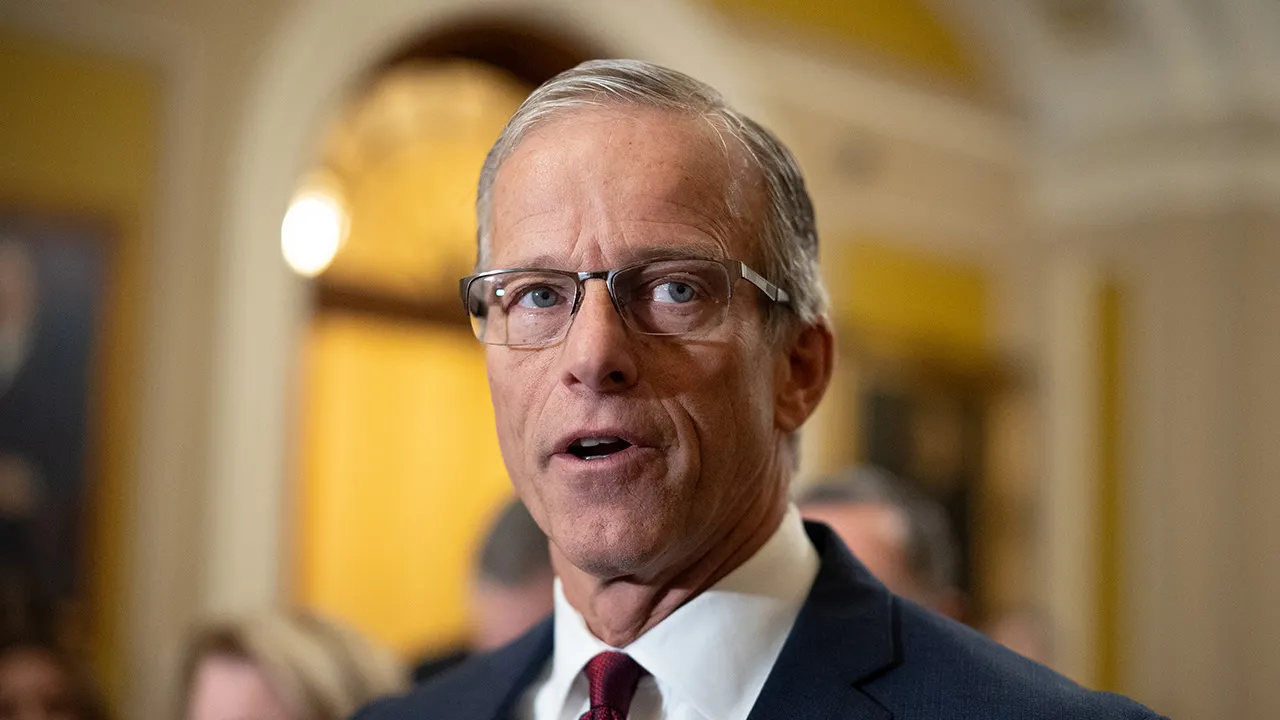The participation of the Tunisian film “Behind the Mountain” in the third edition of the Red Sea Festival in Saudi Arabia represented the culmination of several participations that began with the 80th session of the Venice International Film Festival.
Ben Attia continued his path, which focuses on the issues of men and fatherhood, in his two films, “We Love You, Hadi, My Son.” In his new film, he monitored the crises and pressures that men are under in Arab society and their effects on them.
The story of the movie “Beyond the Mountain” revolves around a desperate person who is released from a Tunisian prison, where he spent 4 years for vandalizing the office where he previously worked. He suddenly becomes convinced that he can fly, and is determined to challenge his family’s doubt in his abilities, and even tries to prove to his son. Little Yassin is able to win the challenge.
The illusion of flight
The idea of flying takes on a meaning different from what it represents in reality during the context of the film, which is what director Ben Attia confirms in his interview with Al Jazeera Net, saying, “I resorted to borrowing the idea of flying, which the hero of the film, Rafik, resorts to, to express the severe pressure placed on him, as he is not mentally ill, but His mind and soul cannot bear to accept the situation he is living in, so his mind searches for a way – even an imaginary one – to escape from these burdens.”
Attia adds, “A person’s life passes through specific stages, which are study, work, marriage, childbirth, and then death without any opportunity to doubt or think about life or family. The hero of the film tried to give his son the opportunity to dream of a different life, and not to give in to the idea of anyone charting his path or path for him.” “He deceives him by saying that there is no possibility of a different life.”
The Tunisian director justifies the long periods of preparing his films and his affiliation with the author-director’s cinema, pointing out that he loves writing and expressing his ideas, and does not tend to produce a ready-made idea from the imagination of another author, and therefore he is not ready in this period to direct works by other writers, because he lives with the characters and the idea for a while and from Then preparation begins, which takes years.
Fear and reward
The hero of the work is “Rafiq” – whose role was played by the Tunisian artist Majd Mastoura – who tries to break free from societal control in the film in any way and to make an achievement out of illusion, through which he proves his ability to do something different, and “Beyond the Mountain” is not Mastoura’s first experience with Ben. Attia had previously had a successful cinematic experience with the director through the film “We Love You, Hadi” and for his role in it he won the Silver Bear Award at the Berlin Film Festival in 2016.
Mastoura told Al Jazeera Net that the flying scenes were very difficult, “We were hanging on cliffs at a height of 90 meters, which caused me terror, and I was investing all my courage in the film, but it was difficult on the physical and psychological levels.”
He continues that other scenes that involve internal violence for the hero also require great psychological effort, “This violence inside him must be preserved throughout the filming period, and filming took 5 months. Despite the fatigue, I felt great pleasure because I love embodying complex characters.”
Majd points out that in the first experience, “We Love You Hadi,” the main reliance was on the director’s management, but in “Behind the Mountain,” he had reached a stage of experience and artistic maturity, as during that period he presented theatrical and cinematic works, in addition to also receiving an acting workshop in France. Hence, the work became “sharing”.
Preparation for the film began 3 years before filming, where he got to know the character on paper through the changes that occurred to the script and working sessions with the team. He considered that success in acting is also collective, both for the child who embodied the character of the son and the rest of the actors.
Spread despite difficulties
For her part, Dora Abu Shousha, the film’s producer, believes that “Beyond the Mountain” enhances the experience of Tunisian cinema in recent years through its presence in international events, and its departure from the local sphere to the world through a new cinematic language and a generation of makers who were able to emerge from the cocoon of the experiences of previous generations.
Abu Shosha adds to Al Jazeera Net, saying, “Things changed after the 2011 revolution. Before the revolution, there was a controlling group, and dictatorship made it easier for them to exist, but after the revolution, the opportunity became greater for a generation of young craftsmen.”
Both the director and the producer agree on the extent of the obstacles this work was subjected to, especially during the preparation of the film, where director Ben Attia faced difficulties and restrictions, the most important of which was financing, which forced him to justify the hero’s violent stance.
While Bou Shousha – who is collaborating again with Ben Attia – concluded by saying that in her work she always chooses makers who have the same orientation, vision and ideas, and accept her being present in details related to the work such as clothes, makeup and décor.





